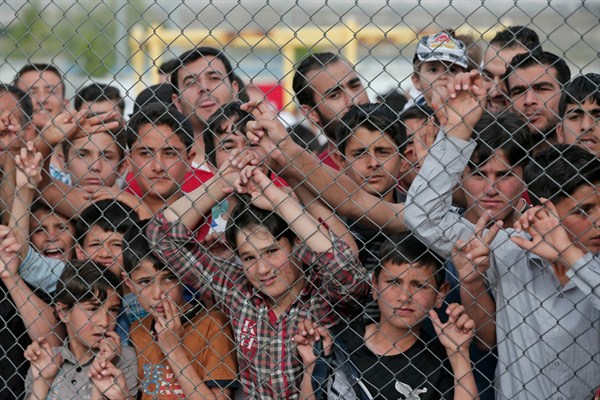There has been no shortage of criticism of Europe’s response to the worsening refugee crisis that first escalated in 2015. In January, Denmark passed a law authorizing the government to seize assets from asylum-seekers. Poland and Slovakia announced they would only accept Christian refugees from Syria. And a recent deal between the European Union and Turkey has come under fire over questions about its legality. The deal allows Greece to return “all new irregular migrants” to Turkey; in exchange, for every migrant settled in Turkey, one Syrian already in Turkey will be resettled in the EU.
Immediately after the deal’s passage, human rights organizations denounced the EU-Turkey deal, notably for violating the 1951 Refugee Convention, which requires individual protection of refugees rather than the mass returns of refugees from Greece to Turkey that the agreement calls for.
As Matthew Gibney, a professor of politics and forced migration at the University of Oxford, wrote in WPR in March, using Turkey as a “safe country where those who would otherwise seek asylum in Europe could stay and, potentially, where those who do arrive might be returned” is “problematic, legally and morally. Turkey is not a signatory to the full Refugee Convention; it has a dubious history when it comes to human rights protection; and preventing refugees from leaving would seem to violate the right of refugees to seek asylum.”

